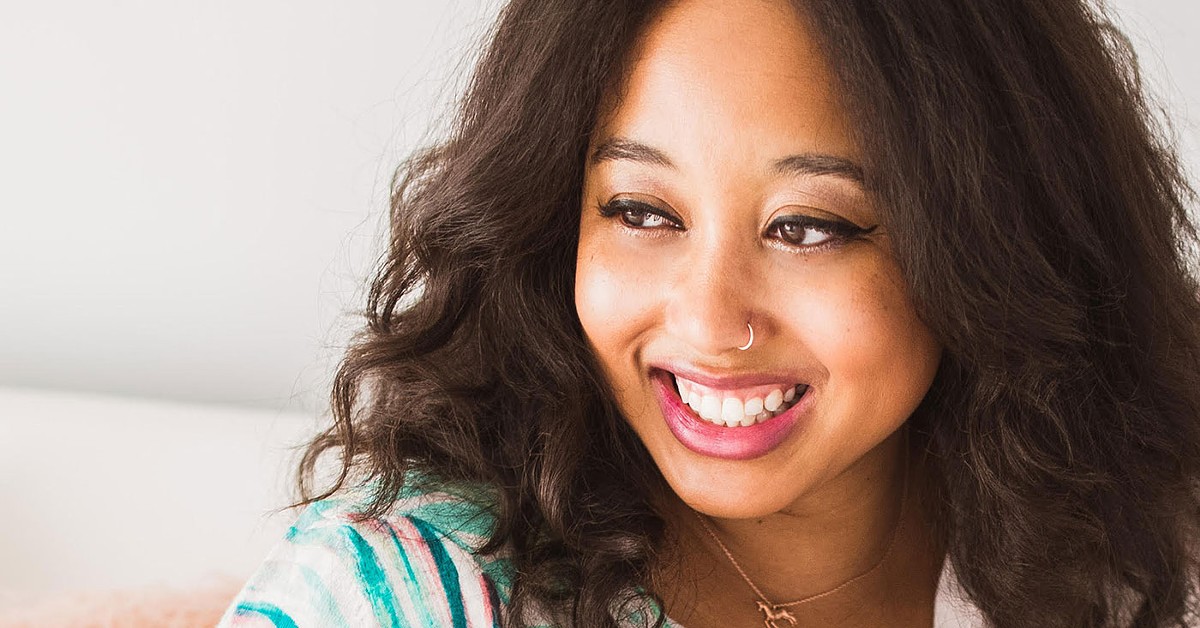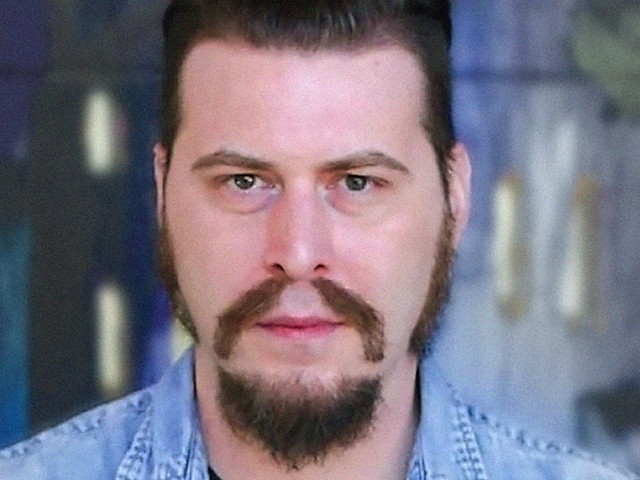In a relationship or life jam? Lemme unstuck your life by sending your questions to [email protected].
Hi Minda,
I am a bisexual female in high school. I’ve been dating this girl for over six months now, and she finally said it. The L-word. I said it back, but:
a) I don’t think I meant it — she had just admitted to me something very scary, and my brain was being an asshole, and b) I didn’t even think this relationship was going to last.
She’s closeted as pansexual and has depression and self-harm issues, which she is getting help with, however, she always puts her entire health on my shoulders. If I say something, she will hurt herself again, or maybe even worse. My best friend advised I should tell her maybe I didn’t mean it, but I know she won’t react well. What can I do? Please help.
Thank you!!! —No Take-Backs
Hey No Take-Backs,
Before I say anything else, I want to say you are not alone in having done this. There are grown-ass adults who’ve been in highly-emotional situations who reciprocated an “I Love You” they probably shouldn’t have (I mean not me, but did you catch the last season of “The Bachelorette?” Rachel should def not have told Dean she was falling in love too, only to send him home in the next episode, but they were both reeling from spending time with his bizarre father).
So I could give you the very best advice, Brian Buford, the director of the LGBT Center at the UofL, referred me to Melissa Johnson, a licensed clinical social worker, to assist me with your question. Melissa warmly welcomes members of the LGBTQ community. After chatting with her, it seems like what is at the root of your question is honesty. It’s just not possible to have a healthy relationship with someone you can’t be honest with. In your situation, you don’t feel you can be honest with the girl you’re dating because she might self-harm. But the stakes don’t even have to be that high for honesty to be difficult in a relationship. Many teens don’t feel like they can be honest with parents or teachers because they might get angry with them or they don’t want to be open and honest with friends or partners because they’re afraid of losing them.
The best thing you can do to prepare to be honest in bigger, high-stakes situations is to begin by being more direct and honest in situations that have smaller risks. As you work this muscle, you’ll grow more comfortable being honest in harder situations and the people in your life will come to expect your honesty. Melissa said, “The willingness to make yourself vulnerable often can bring relationships closer together.” To help with the situation you’re already in, Melissa has some language you can use to have the conversation you need to have with the girl you’ve been dating.
Melissa immediately acknowledged, “High school is so hard! It’s such a difficult place to be,” which can make it harder to cope when you find yourself in this kind of situation. But, she said, it’s still possible “to have a conversation that validates the other person’s experience.” She advises you begin the conversation with something like, “I really care about you and you really care about me. I know this relationship is important to you. I know that depression is something you’re dealing with and ideas about harming yourself. I want to make sure that you have all of the resources that you need, but I also need to tell you that it brings me worry and concern that how I feel about you affects your health.” She did caution this is really hard to do, particularly when you’re in high school, so just go slow with it and take your time.
After you’ve honestly, but gently, stated how you feel, Melissa said you can then ask the girl you’ve been dating how she’s feeling about what you’ve shared with her, “Because I care about you, I want to know what you think and feel about that.” The balance in an honest relationship comes from you being courageous enough to be honest, but delivering that truth sensitively and the recipient being gracious enough to listen and to match your vulnerability. This is lifelong work.
No Take-Backs, it’s okay to let this person know what you can do to support them and in what ways you can’t support them because you have to take care of yourself too. I know that she is getting help and has you to talk to, but I hope that you are also seeking out help when and if you need it and have people in your life that you can be open with (I know those types of people can be hard to find in high school!).
Readers, Melissa can be reached at melissajohnsonlcsw.com. Melissa encourages you ask a lot of questions and interview anyone you plan to trust with your mental health.
—Minda






